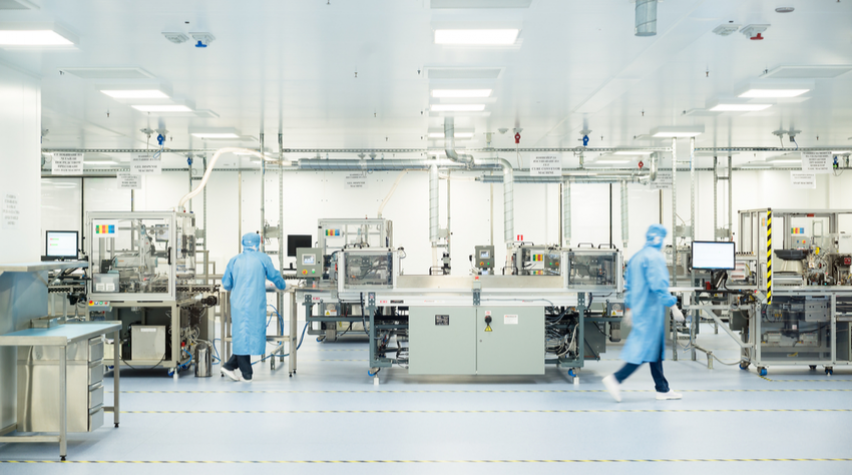Exploring the Global Impact of Industrial Biotechnology

The Commercializing Industrial Biotechnology 2019 (CIB 2019) conference will take place in Los Angeles from May 13-14, 2019. This two-day conference will focus on technology challenges and opportunities in commercializing industrial biotechnology.
Bio-based production of industrial chemicals, fuels, and specialties (industrial biotech) has had many triumphant moments in the last few decades, as well as challenges and delays. But today, we seem at turning point where regulatory and environmental factors, customer and consumer awareness, and technology progress are aligning to usher in a golden era. Success for any bio-based product can now be viewed as a common achievement for all players in the field, since each success raises credibility and excitement across the industry, including with investors.
At CIB 2019, the “Commercializing Industrial Biotechnology” workshop will bring together industrial biotech leaders to share their experiences and their views on current challenges. Below, hear from invited CIB 2019 speakers Alex Patist, Kelly Smith, and Freya Burton as they share their thoughts on industrial biotechnology and explain what you can expect from the conference.
What specifically will you be talking about at the CIB conference?
Patist: Scale-up and commercialization of silk fibers and Mylo bioleather: challenges and opportunities.
Smith: The application of our unique culture collection and bioinformatic tools for commercializing industrial biotechnology.
Burton: Crossing the "valley of death," and the new carbon economy.
What message would you like the audience to take away from your presentation and the conference?
Patist: Terms such as sustainable, renewable, and biodegradable reflect a starting point for a continuous journey to improve/reduce our footprint on the environment.
Smith: Technological advances are a big part of why biotechnology is now positioned to deliver on its promise in a number of critical industries.
Burton: It takes time and a strong will to change the world! Strong partnerships are key to commercialize new technology. Carbon doesn’t have to be a liability but can be an opportunity.
How do you envision industrial biotechnology advancing some of the Grand Challenges in engineering and society (sustainability, health, etc.)?
Patist: By being realistic, one step at the time; don't expect us to replace oil anytime soon. Again, it's a journey.
Smith: Industrial biotechnology will advance us by giving us access to tools and functionality already present in the microbial world (e.g., gene editing systems, drugs and pesticides with novel modes of action) to accomplish our goals of sustainability, health, etc.
Burton: Industrial biotechnology is already changing the world, providing new approaches to our climate and energy challenges, and benefiting society through sustainable low-carbon solutions for fuels and chemicals. The key will be supportive and technology-neutral policies that create an environment where new technologies can cross the valley of death and flourish.
See more information on the Commercializing Industrial Biotechnology 2019 conference and submit your abstract.


